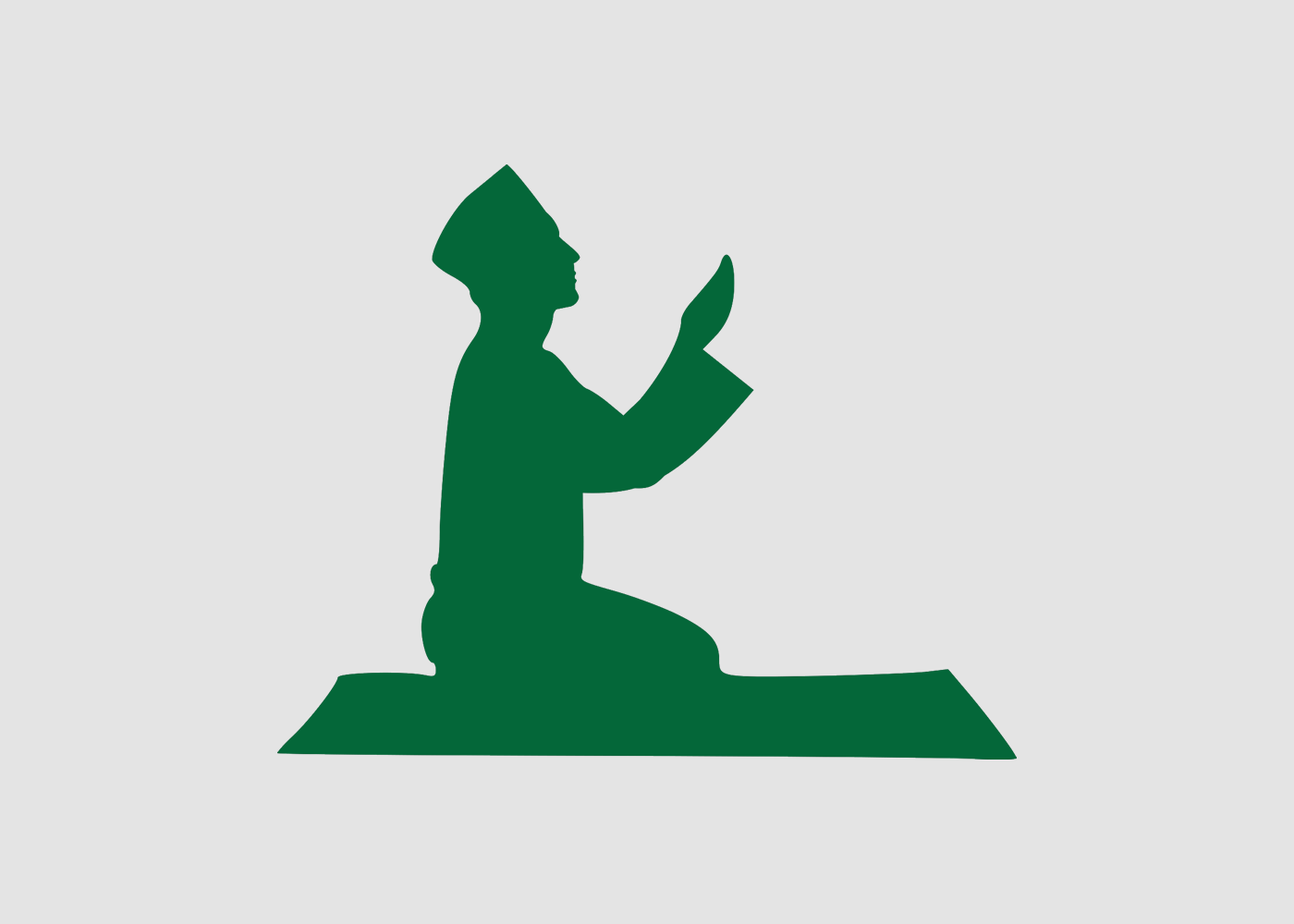Ruqyah means incantation and any therapy that uses ruqyah as a main component can be termed as ruqyah therapy. Ruqyah can be divided into 2 categories. Ruqyah that complies with shariah are termed ruqyah shariyyah (shariah-compliant ruqyah) and ruqyah which contains shirk (polytheistic practices) are termed ruqyah shirkiyyah (polytheistic ruqyah). Prophet Muhammad (peace and blessings be upon him) approved the use of a particular ruqyah that was practised during pre-Islamic period because it did not have any polytheistic elements in it. Shirk (polytheism) is the boundary that separates lawful (halal) and unlawful (haram) ruqyah.
Ruqyah was used as treatment during the time of the prophet. In one incident, a companion recited surah al-Fatihah (the Opening Chapter) to treat a tribal leader from snake bite even though the prophet had never taught anyone to recite al-Fatihah for treatment of snake bites.
Unlike snake bites, jinn-related disorder can affect a person both physically and psychologically. If a person has just been affected by jinn, the damage might just be confined to psychological. However, if one or more jinn has been living in a person for a long period, the effect can both be physical as well as psychological. Jinn is a living organism and is a parasite that consumes food to survive and secretes excretion into the human body. The excretion (i.e. toxins) will cause imbalance i.e. disrupts the homeostasis of the body, which in turn will affect the health of the person.
Jinn-related disorder therefore not only affects the mental health of a person but may also affect the physical health. These may cause additional psychosomatic problems. When a person thinks about his physical health, he or she will feel depressed. If a person is depressed, his or her physical health may deteriorate.
The therapy for jinn-related disorder should therefore not rely on ruqyah (incantation) alone. The therapy should be holistic in manner and must include ruqyah and psychotherapy at the very minimum. As in any psychotherapy session, the therapist should show empathy and must never blame the client for his or her predicament. The aim of any therapy is to help the client to move forward with his or her life. Blaming the client can be considered as a sign of failure to provide an effective therapy. An angry therapist will cause more harm than good.
As ruqyah means incantation, ruqyah therapy therefore is a general term for incantation therapy. There can be many variations of ruqyah therapy. This is similar to talking therapy which is a general term for therapy via talking to the clients. If a client is to be given talking therapy or psychotherapy, we will have to decide which method or flavour of talking therapy or psychotherapy he or she wants. Similarly is a person is to be given ruqyah therapy, we will have to decide which type or flavour of ruqyah therapy to give. At the moment there is not a single agreed definition of what ruqyah therapy comprise. Some people try to assert their own definition of ruqyah therapy or even go to the extent of saying other people’s ruqyah are not ruqyah. This is a waste of time as nobody can ever impose their definition of ruqyah therapy on others. This is just as absurd as someone trying to impose their own flavour of talking therapy to be the globally accepted definition of talking therapy.
Jinn-related disorder can have both psychological (mental) and somatic (bodily) effect on a person. The aim of therapy is to reduce the psychological and somatic effect of the jinn on the person. The last thing that we want is for a client to walk out of the therapy room much worse than before he or she came in. It is not uncommon to find those with jinn-related disorder became worse after having ruqyah therapy. If the majority of clients became worse after undergoing a particular flavour of ruqyah therapy, then the method of that particular flavour of ruqyah therapy must be questioned. Some ruqyah reciters (aka raqis) may be so obsessed in proving that the client has jinn in him or her, and the main focus of the ruqyah was to bring up the jinn as a proof. Bringing up the jinn does not mean that the ruqyah is effective because even an inexperienced 7-year old boy who knows how to read Quran can be asked to read some ruqyah verses to bring up the jinn. The main focus should be to provide therapeutic benefit from the ruqyah recitation.
When someone gets worse after undergoing ruqyah therapy, he or she may blame ruqyah for the worsening problem. This is unfortunate because it is not ruqyah that should be blamed. The problem for the worsening is the particular method or flavour of ruqyah therapy. It may also be caused by the incompetence of the ruqyah reciter (aka raqi).
Jinn-related disorders can cause both psychological and somatic problems. A physician will only want to look at the somatic aspect and a psychiatrist, clinical psychologist or psychotherapist will only want to address the psychological aspect.
At PISANG, we recognise that both psychological and somatic issues have to be addressed if we want to increase the efficacy of the therapy. The human body is not an empty vessel but comprise of several complicated systems. Shariah-compliant ruqyah is the core of our therapy. However we also combine psychotherapy and apply the knowledge of psychology, anatomy and physiology as part of our therapy. Our therapy goes beyond the recitation of ruqyah. For that reason, we call it Pisangtherapy. Through Pisangtherapy, our clients get more than just ruqyah and the therapy aims to create high-esteem personalities with better health and well-being.



